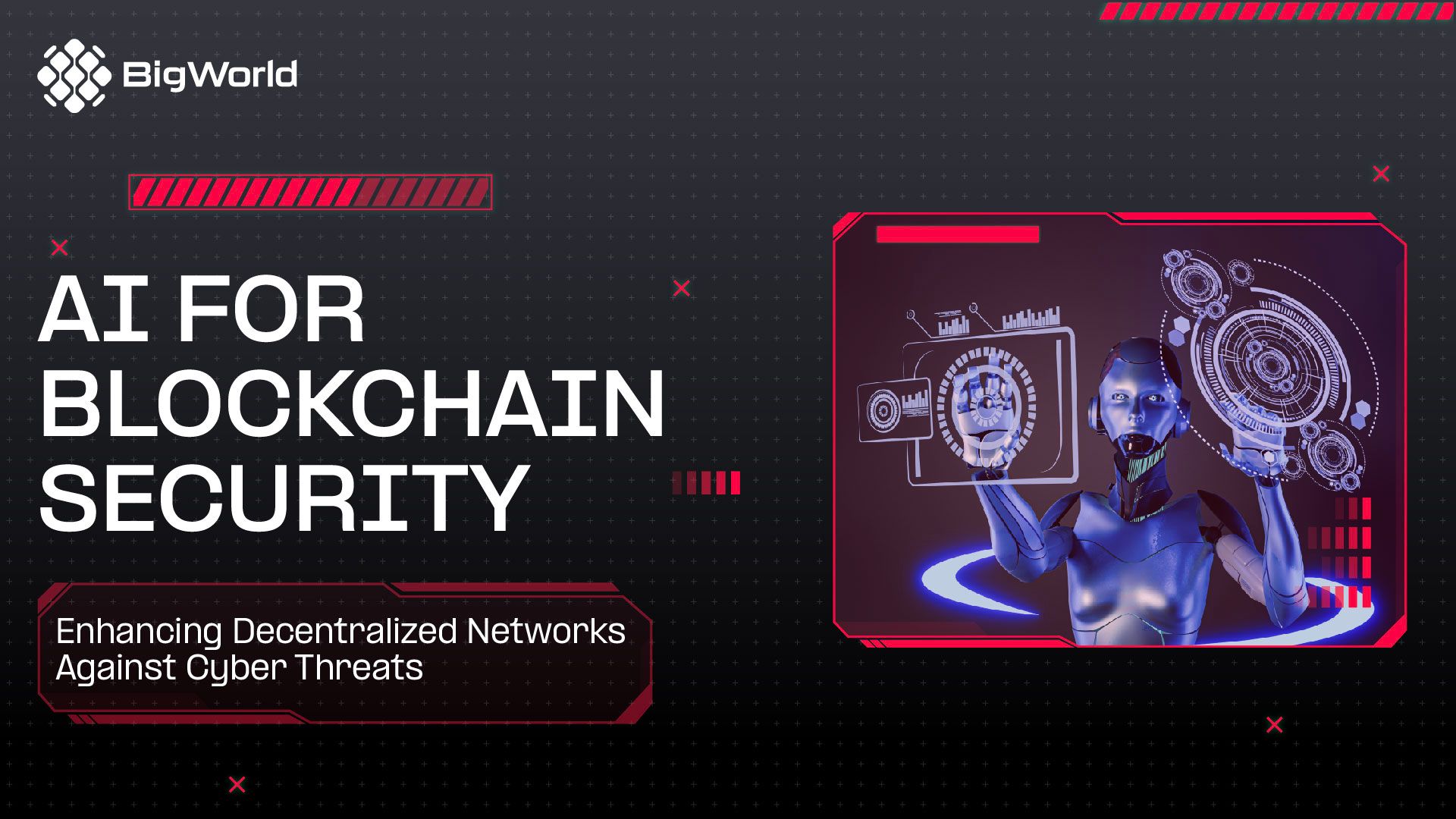AI for Blockchain Security: Enhancing Decentralized Networks Against Cyber Threats

Blockchain technology has revolutionized various industries, offering decentralized, transparent, and secure solutions. However, as blockchain networks continue to grow in complexity and value, they become increasingly attractive targets for cyberattacks. To address this challenge, the integration of artificial intelligence (AI) has emerged as a powerful tool for enhancing blockchain security.
1. The Synergy of AI and Blockchain
AI and blockchain, when combined, create a formidable force against cyber threats. AI's ability to analyze vast amounts of data and identify patterns can be leveraged to detect anomalies and potential vulnerabilities within blockchain networks. This proactive approach enables early detection and response to security breaches, minimizing potential damage.
2. Key Applications of AI in Blockchain Security
One of the key applications of AI in blockchain security is enhanced fraud detection. AI algorithms can analyze transaction data to identify unusual patterns, suspicious behaviors, and potential fraudulent activities. By continuously monitoring the network, AI can detect and flag suspicious transactions in real-time, allowing for swift investigation and prevention. This proactive approach helps maintain the integrity of the blockchain and protects the interests of all participants.
Another important application of AI is improved anomaly detection. AI-powered systems can establish baseline behaviors for normal network activity. Any deviations from this baseline, such as sudden spikes in transaction volume or unusual network traffic, can be flagged as potential anomalies. By identifying these anomalies early on, security teams can investigate and take appropriate action to mitigate potential risks.
AI can also play a crucial role in strengthening network security. By analyzing code for potential weaknesses, AI can help developers create more secure and resilient blockchain protocols and smart contracts. This proactive approach helps identify and address vulnerabilities before they can be exploited by malicious actors.
Furthermore, AI can enhance privacy and identity verification within blockchain networks. By leveraging advanced techniques like biometrics and zero-knowledge proofs, AI can verify the identity of users and ensure data privacy without compromising security. This ensures that only authorized individuals can access and manipulate sensitive information, further strengthening the overall security of the network.
Enhanced Fraud Detection:
- AI algorithms can analyze transaction data to identify unusual patterns, suspicious behaviors, and potential fraudulent activities.
- By continuously monitoring the network, AI can detect and flag suspicious transactions in real-time, allowing for swift investigation and prevention.
Improved Anomaly Detection:
- AI-powered systems can establish baseline behaviors for normal network activity.
- Any deviations from this baseline, such as sudden spikes in transaction volume or unusual network traffic, can be flagged as potential anomalies.
Strengthened Network Security:
- AI can assist in identifying and patching vulnerabilities within blockchain protocols and smart contracts.
- By analyzing code for potential weaknesses, AI can help developers create more secure and resilient systems.
Enhanced Privacy and Identity Verification:
- AI-powered solutions can verify the identity of users and ensure data privacy within blockchain networks.
- By leveraging advanced techniques like biometrics and zero-knowledge proofs, AI can enhance security without compromising user privacy.
3. The Future of Blockchain Security with AI
As AI and blockchain technologies continue to evolve, their integration will undoubtedly lead to even more sophisticated security solutions. By harnessing the power of AI, we can create a future where blockchain networks are robust, resilient, and secure against emerging cyber threats.
The collaboration between AI and blockchain represents a significant step forward in safeguarding the integrity and trustworthiness of decentralized systems. As we embrace this technological synergy, we can confidently navigate the complex landscape of cybersecurity and ensure the long-term success of blockchain technology.


